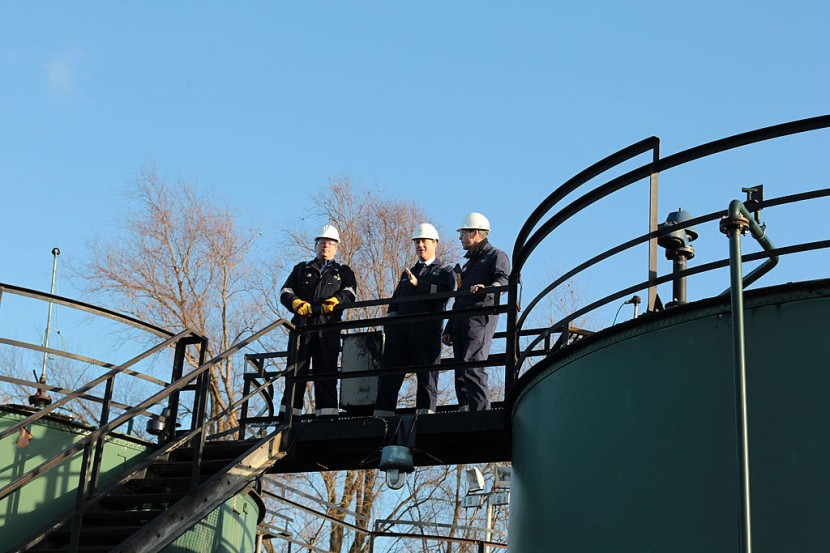The government has given oil corporations licenses in an effort to allow them to store up to 10 percent of the UK's carbon emissions in defunct oil and gas sites under the seabed.
14 businesses were given more than 20 North Sea licenses by the government, totaling an area the size of Yorkshire, to store carbon dioxide captured from heavy industries in exhausted oil and gas fields, as reported by The Guardian.
These businesses include the state-owned oil company of Italy, ENI, the oil supermajor Shell, and Harbour Energy, the biggest independent oil and gas producer in the UK's North Sea region.
The North Sea Transition Authority (NSTA), the industry's government-backed regulator, asserts that by 2030, the enterprises might assist in storing up to 30 million tonnes of CO2, or around 10 percent of UK annual emissions.
CCS Under Development
A large-scale carbon capture and storage (CCS) business is being developed as part of the government's aim to minimize emissions from heavy industry that are released into the atmosphere and contribute to global warming.
To achieve the government's objective of net zero emissions by 2050, the UK is expected to require at least 100 carbon storage facilities.
Read also: Libyan Catastrophe: Oil Price Hits 10-Month High Following Flooding Disaster
Government's CCS Plans Receive Criticism
Some green organizations have questioned the government's emphasis on CCS, arguing that it is an expensive diversion from spending money on low-carbon energy sources.

However, research by the UK's independent climate experts, the Committee on Climate Change, suggests that without it, the government would have a tough time achieving its goals.
The NSTA stated that the number of applications received for the first round showed the industry's desire for additional options. It is anticipated that up to 100 storage licenses will be required to meet the standards for reaching net zero.
Before determining whether to conduct a second round, the NSTA will evaluate the response and the caliber of opportunities in places throughout the UK.
Not Enough to Fund Large-Scale Projects?
Industry sources have cautioned that although the assistance has been warmly received, it is unlikely to be enough to fund the large-scale projects required to decarbonize the UK's industrial hubs at a rate of £1 billion per year.
Although a sizable pipeline of CCUS and hydrogen projects have been formed recently, developers have frequently stressed that the government must finalize the legislative and subsidy environment before moving forward with new projects.
While this is going on, CCS is still a contentious topic in some circles, with environmental activists doubting the embryonic industry's capacity to fulfill its commitments to reduce emissions and lower prices.
Critics continue to worry that the CCS technologies, which have not yet been widely implemented in the UK, will be used to support prolonged investment in fossil fuel production, which may result in exceeding emissions objectives.
However, proponents of the industry insist that there is plenty of proof from projects around the world that CCS projects can succeed at scale and that it will be nearly impossible to meet long-term climate goals without using CCS to reduce emissions from manufacturing facilities and backup power plants.
Related article: Climate Change Protesters Block Citigroup NYC; Company's Spokesperson Criticizes Disruptive Demonstrators
© 2026 HNGN, All rights reserved. Do not reproduce without permission.








